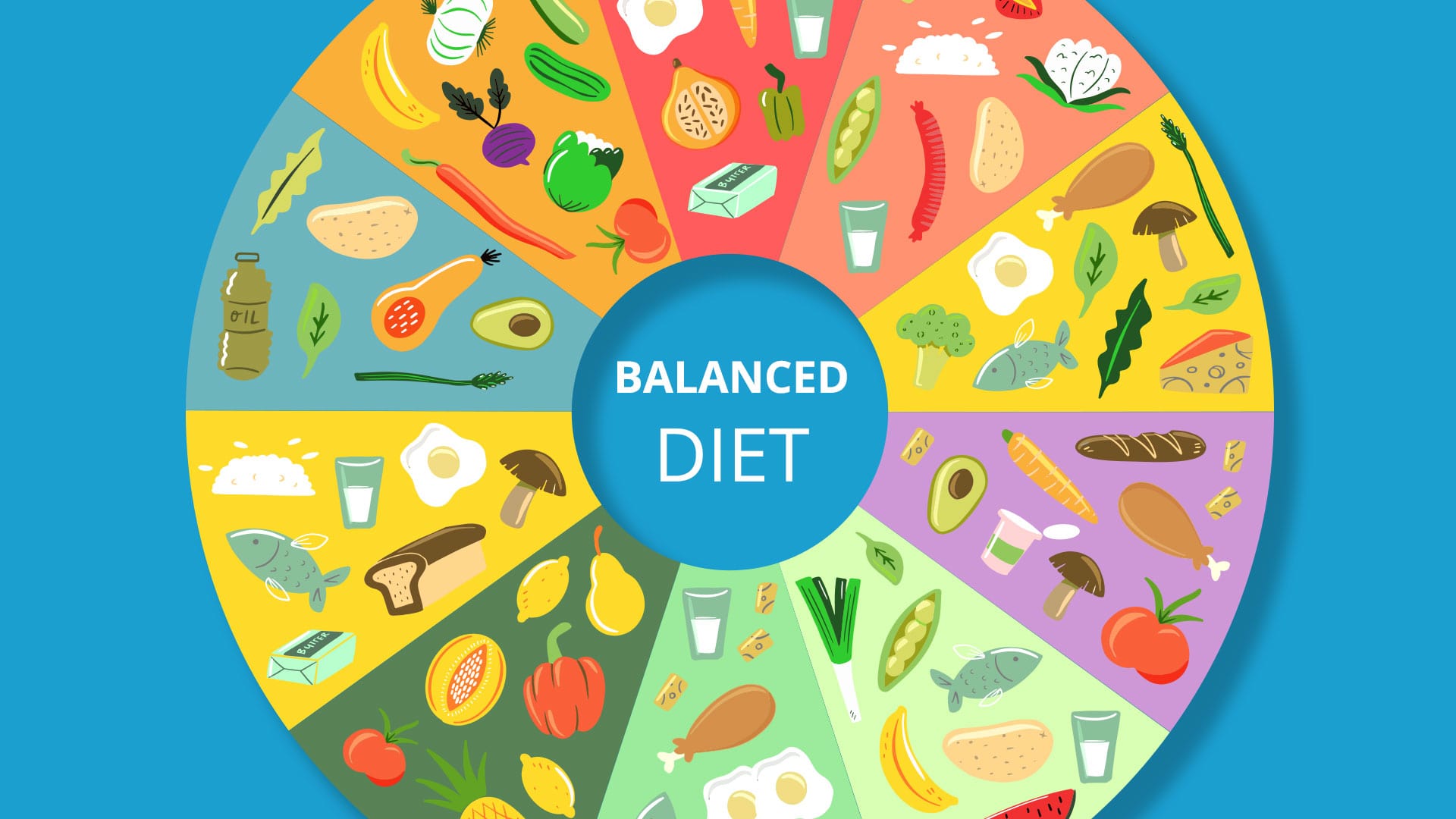Aoteng Insights
Your go-to source for the latest trends and insights.
Diets That Dine on Your Dreams
Discover diets that transform your dreams into delicious realities! Uncover secrets to eat well and thrive while you sleep.
The Science of Sleep: How Your Diet Affects Your Dreams
The connection between diet and sleep is becoming increasingly evident, as various studies suggest that what you eat can have a profound impact on the quality of your sleep and the nature of your dreams. For example, foods rich in tryptophan, such as turkey and dairy products, can enhance serotonin production, a precursor to melatonin, the hormone that regulates sleep. Conversely, consuming heavy or fatty meals close to bedtime can lead to disrupted sleep patterns and even nightmares, as your body struggles to digest the food while you're trying to rest.
Moreover, the intake of certain nutrients can influence the vividness and content of your dreams. For instance, diets high in vitamin B6 are linked to more colorful and memorable dreams. Foods that are rich in this vitamin include bananas, chickpeas, and fish. On the other hand, excessive consumption of sugar and caffeine can lead to restlessness and fragmented sleep, ultimately resulting in less coherent dream narratives. Thus, by paying attention to your diet, you can not only improve your sleep hygiene but also shape your dream experiences.

Top 5 Foods That Can Enhance Your Dream Experience
Dreams can be a vivid reflection of our subconscious, and surprisingly, the foods we consume can play a significant role in enhancing our dream experience. Here are the top 5 foods to consider:
- Bananas: Rich in potassium and magnesium, bananas can help promote better sleep quality, allowing for more intense dream episodes.
- Cheese: Known for its tryptophan content, cheese can help your body produce serotonin and melatonin, which are key in dream regulation.
- Dark Chocolate: Not only does dark chocolate contain a small amount of caffeine, but it also includes compounds that stimulate the brain, potentially leading to more vivid dreams.
- Chamomile Tea: A natural relaxant, chamomile tea can soothe your mind and body, making it easier to enter REM sleep where most dreaming occurs.
- Nuts: Almonds and walnuts, in particular, are rich in healthy fats and magnesium, contributing to improved sleep and dream clarity.
Incorporating these dream-enhancing foods into your daily diet could lead to a more enriching dream experience. Remember, the connection between diet and dreams is personal; what works for one person may not work for another. However, by experimenting with these foods, you can unlock a new dimension of your dream life and perhaps discover deeper insights into your subconscious.
Can What You Eat Really Influence Your Nighttime Adventures?
The connection between what you eat and your nighttime adventures is more profound than many realize. Consuming certain foods can significantly influence the quality of your sleep and even the vividness of your dreams. For instance, foods rich in tryptophan, like turkey and nuts, can promote the production of serotonin, a hormone that improves mood and sleep quality. On the other hand, heavy or greasy meals consumed close to bedtime may disrupt your digestive system, leading to restlessness and an inability to enjoy the exciting dreams you might hope for.
Moreover, the timing of your meals plays a crucial role in determining your nightly experiences. It is generally advisable to avoid heavy meals at least two to three hours before sleep to allow your body sufficient time to digest. Instead, opt for lighter snacks, such as yogurt or a banana, which can help sustain your energy levels throughout the night. By making mindful choices about what you eat and being aware of their effects, you can enhance your nighttime adventures and wake up feeling refreshed and ready to tackle the day ahead.